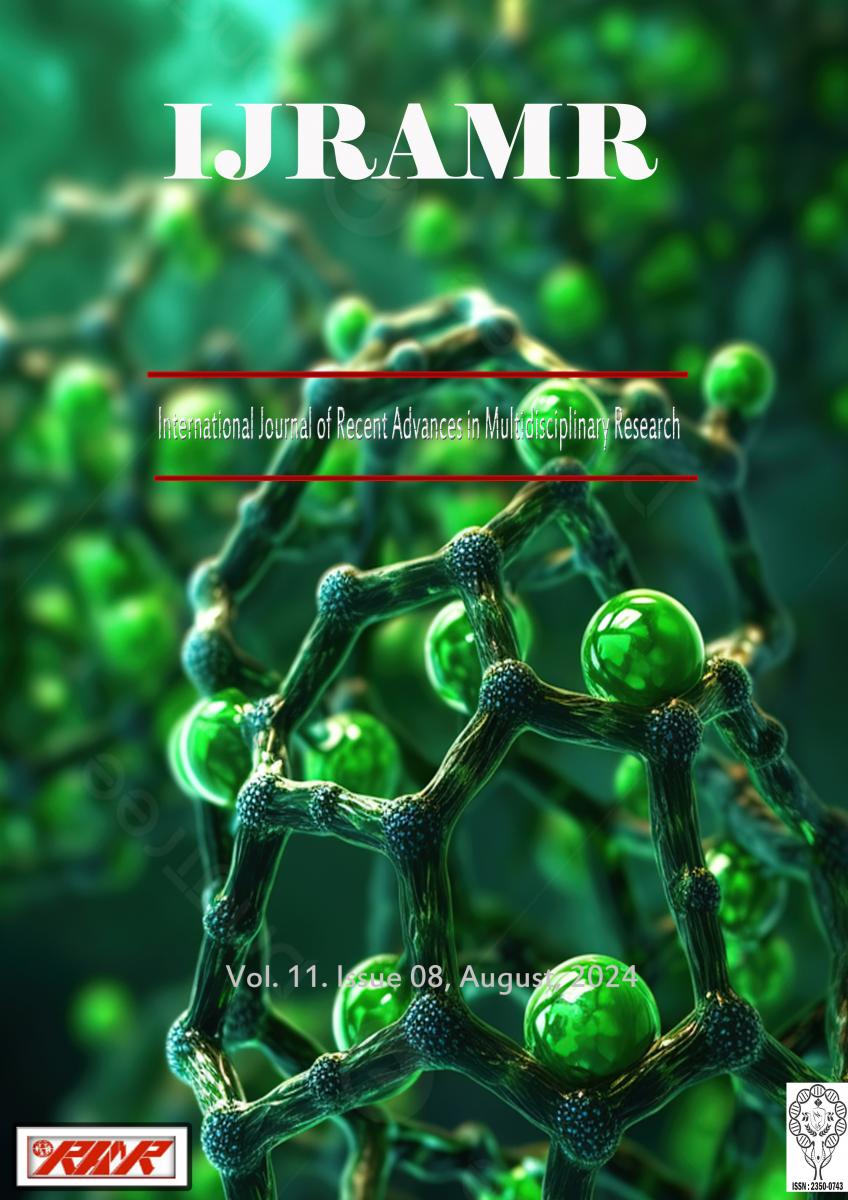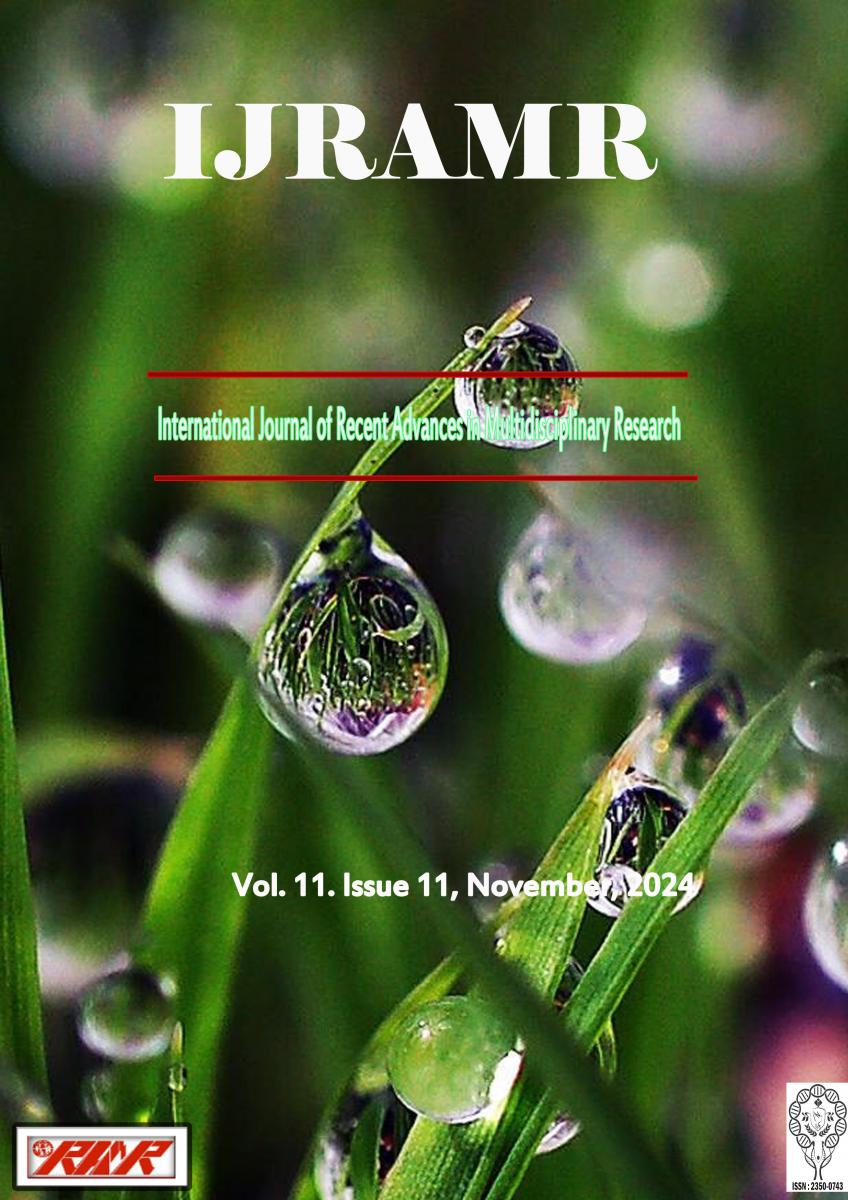Burns are skin injuries caused by contact with hot bodies. This contact triggers lesion in skin receptors characterized by denervation, development of hyperalgesia and disorganized depolarization, depending on the extent and depth of the burn, the pain may be of greater or lesser intensity. 100% of burn patients report pain at some point during their hospitalization, either from the moment of their injury and / or during some of the treatment phases, which can be divided as follows. • The acute phase is produced by the initial injury, which is characterized by the loss of the skin surface and is exacerbated during treatment with healing and / or surgery. • Subacute phase. Generated during the physical rehabilitation period which is generated secondary to muscle contractures and joint ankylosis. • The chronic phase secondary to acquired hyperalgesia, neuropathic pain due to receptor sensitization, itching and phantom limb pain in amputees. Pain management in burned patients is essential, since it significantly reduces the development of anxiety, improves mood, avoids cardiovascular complications, etc. The timely intervention of a neuromodulatory therapy will decrease the incidence of neuropathic pain that will lead patients to the development of chronic pain. At present, pain management in burns is undervalued and pain management is sometimes deficient. One of the explanations for this phenomenon is the lack of knowledge of the neurophysiology of pain, of therapeutic management, and of the complications associated with the use of drugs such as opioids. The objective of this work is to make known to the medical staff which are the signaling pathways involved in the generation of pain in severe burns, the pathophysiology of the injury and which are the strategies they can use to reduce pain.






